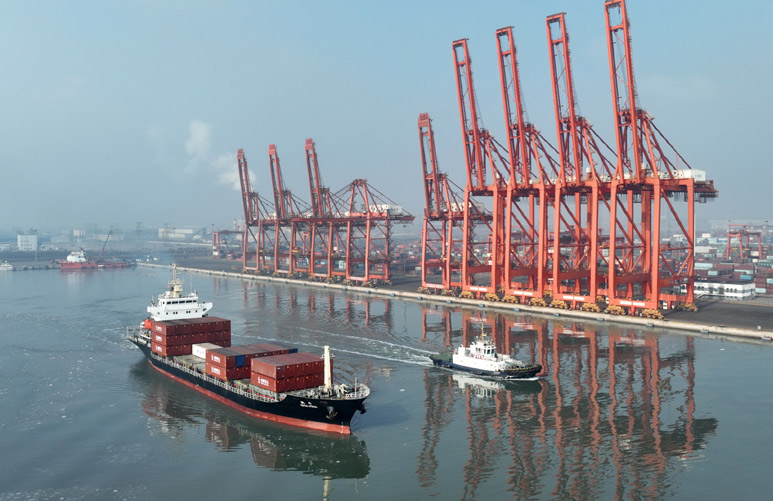
【双语财讯】哥斯达黎加前总统顾问:中国仍是全球经济增长的引擎
China Daily
哥斯达黎加前总统顾问奥顿·索利斯认为,中国拥有先进技术、环保产品和巨大的国内市场,中国未来仍将是全球经济增长的重要引擎。
十四届全国人大二次会议5日上午在人民大会堂开幕。国务院总理李强作政府工作报告。报告中指出,2023年我国国内生产总值增长5.2%,增速居世界主要经济体前列。新能源汽车产销量占全球比重超过60%,技术合同成交额增长28.6%,创新驱动发展能力持续提升。
哥斯达黎加前总统顾问奥顿·索利斯认为,中国不仅同时实现了经济快速增长和大规模减贫,而且其先进的技术优势和环保产品使其在高品质生产竞赛中站稳脚跟,再加上中国巨大的国内市场和高储蓄率,中国未来将仍是全球经济增长的重要引擎。
The dream of every developing country is to eradicate poverty and to achieve a high GDP economic growth rate. As simple and obvious as these two objectives might appear, the fact is that in most countries of the world, in both academia and policy-making circles, there are widely diverging positions on the issue.
每个发展中国家的梦想都是消除贫困,实现GDP的高速增长。尽管这两个目标可能看起来简单又明显,但事实上,在世界的大多数国家,不论是学术界还是决策层,对于经济增长问题的立场都普遍存在分歧。
Should economic growth take priority, relegating poverty reduction policies when a high level of per capita income becomes a reality? Is there a causality relationship between economic growth and poverty reduction? If so, does economic growth per se lead to poverty reduction, rendering the correct trickle-down approach? If poverty reduction is given priority, will that help or hinder economic growth?
在实现人均收入达到高水平之后,是否应该把经济增长的优先级放在减贫政策之前?经济增长和减贫之间是否存在因果关系?如果是这样,通过经济增长是否就能消除贫困,形成涓滴效应?如果把减贫摆在优先位置,是否会帮助还是会阻碍经济增长?
China did not dwell too much on these issues. China decided to meet the two challenges at once with extraordinary success.










